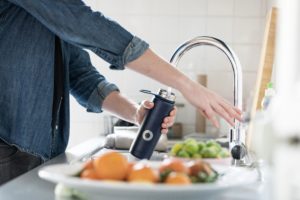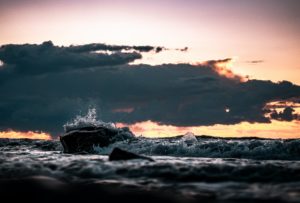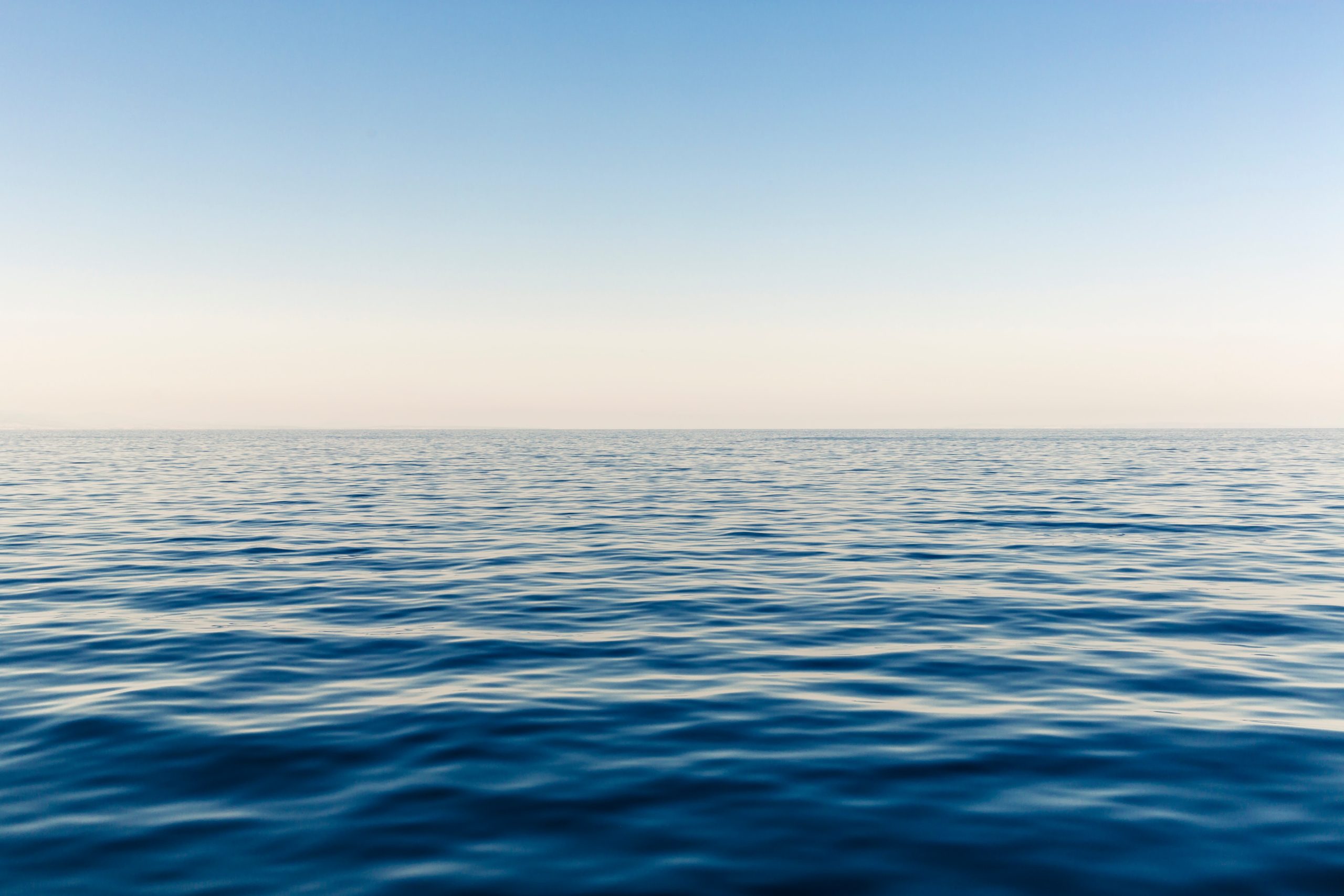Developing our regional water strategies
The reduction of nutrient and hazardous chemical discharges into surface and groundwater is a major concern for the Baltic Sea’s water management. To reach environmental goals and secure water supply, regions around the Baltic Sea aim to develop and promote circular approaches to reduce outflows of nutrients and substances in the Baltic Sea, and at the same time contribute to the climate-resilient water supply. Could we benefit from each other’s experiences?

Testing new concepts for water management
Like many other regions in Europe, the Kalmar Region has experienced irrigation bans, need for desalination plants and increased forest damage and wildfires. Furthermore, the region is expected to increasingly suffer access to quality water as the switch from droughts to floods degrades the quality of water used for agriculture and drinking. Hence, in 2020, Kalmar Region, together with partners within Euroregion Baltic, took the initiative to review the possibility of creating a joint project to improve the management of the water with a focus on reuse, called the WaterMan. Today the project has 16 partners from seven different countries and was recently approved by the Baltic Sea Programme Steering Committee. With a start in 2023, and a budget of 4,38 million euros, WaterMan will develop strategies as well as concrete methods and activities to reuse and store water from periods of flooding to periods of water shortage at local levels surrounding the Baltic Sea. Consequently, primary target groups are municipalities and water companies that are responsible for local water management.

The first pilot will develop and test new techniques of water transportation through two-pipe systems and through a mobile pumping solution. The second pilot will investigate the use of a biological water cleansing system through a multi wetland concept. WaterMan aims to contribute towards a secure and climate resilient water sector, not only by demonstrating innovative hands-on techniques but making sure the solutions are long-term. Additionally, a help desk will be set up for the next five years which will provide services to other local actors around the Baltic Sea with information and experiences gained from the WaterMan project. In total, all activities in the Kalmar Region will result in WaterMan being one of the biggest international projects the region has ever participated in, regarding the environment. Such as through international cooperation and Baltic Sea regional peer learning.
Kalmar Region together with international partners
Apart from Swedish stakeholders*, other partners in the project include organizations and authorities from e.g., Poland, Denmark, and Latvia, where three of five pilot projects will be held. The other two will take place in Kalmar region, whilst Germany will take on a more senior advisory role in the project through higher education and research institutions. Additionally, consultation will be given from an external party hired by WaterMan as project leader.

Are you interested in sharing your local water strategies and activities with the partners of waterman, or do you wish to learn more of the project, please contact Martin Broberg from SBHSS or Tobias Facchini, who is environmental coordinator at Kalmar region.
*Kalmar Region is participating through partners within the region which include Kalmar Municipality, Kalmar Water and Västervik Municipality as “hands-on partners” who will develop & test new solutions. In addition, Linnaeus University, the Commission of Kalmarsund, Västervik’s municipal unit for water and wastewater, RISE, the Water Authority, and the VA Neighbors’ network will be included in some of the project’s activities.
